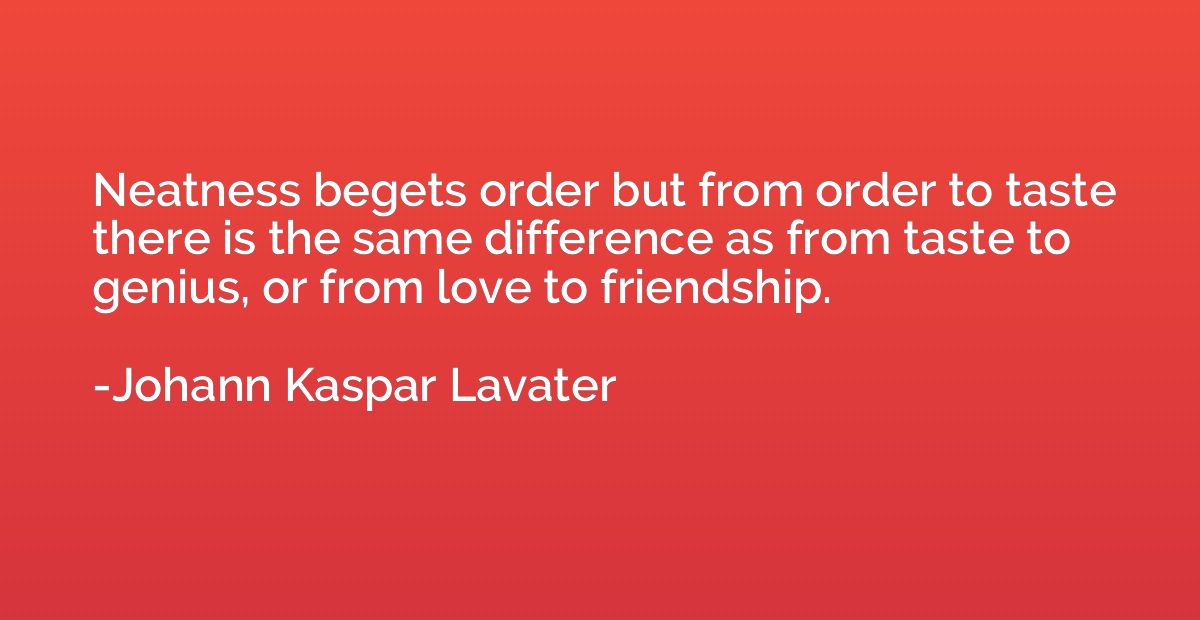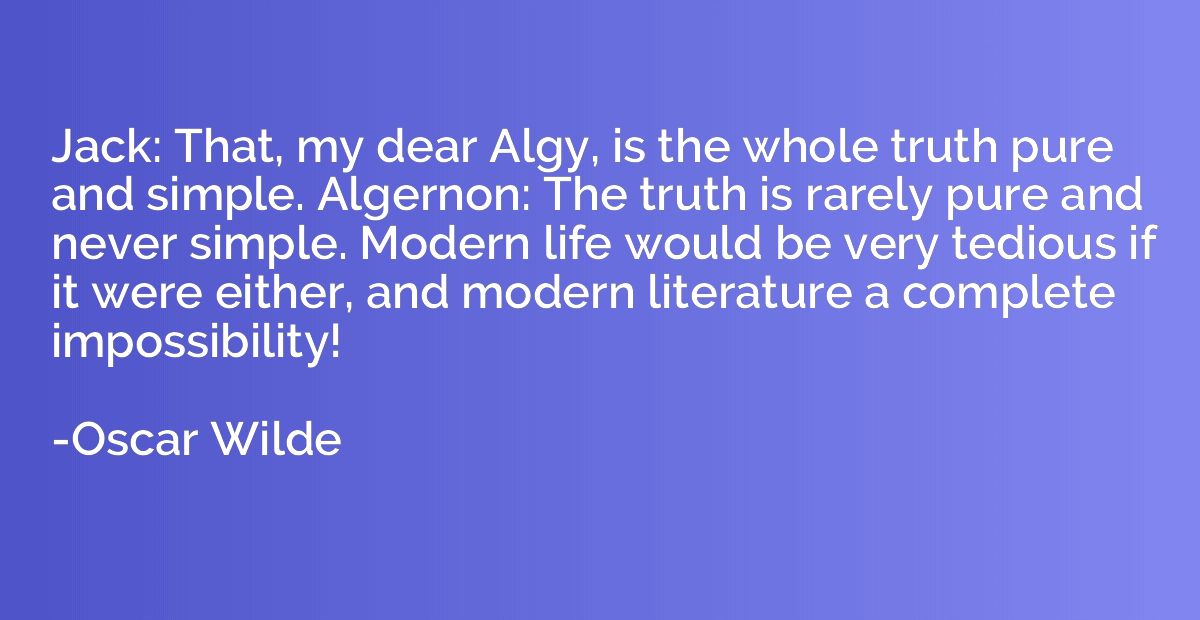Quote by Ludwig von Mises
Government is the only institution that can take a valuable commodity like paper, and make it worthless by applying ink.
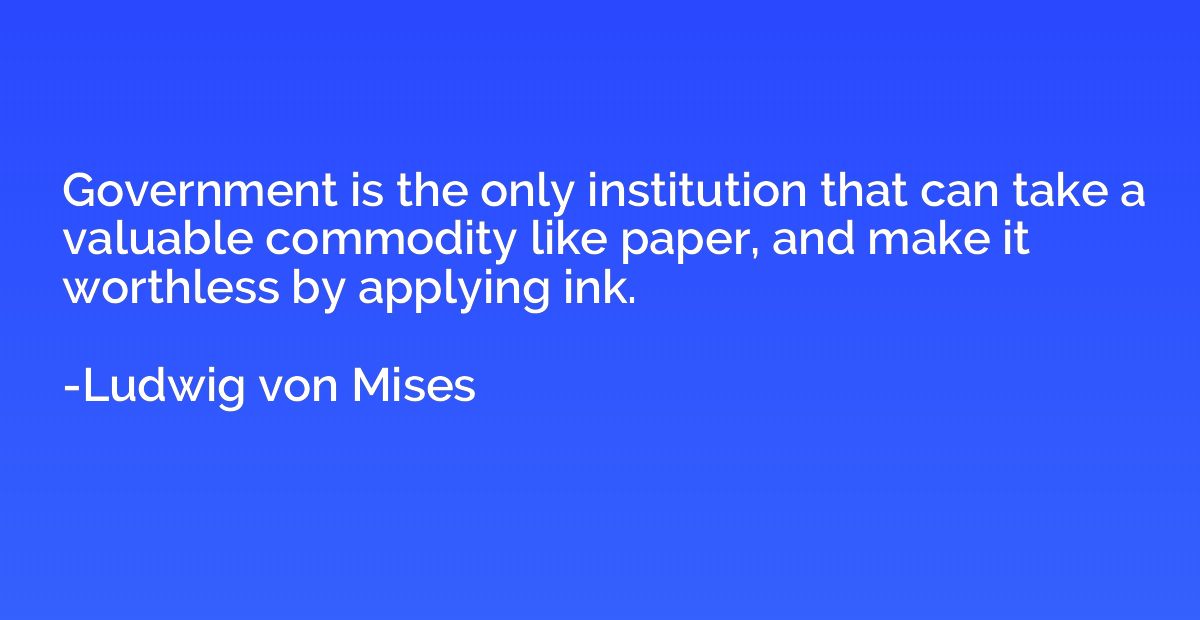
Summary
This quote highlights the power and influence of the government in shaping the value and significance of different commodities. By referring specifically to paper and ink, it implies that the government has the authority to manipulate currency, turning something valuable (paper money) into something potentially worthless through its control over the printing of money. It emphasizes the potentially volatile nature of money and the role of government in defining its worth, asserting that government decisions regarding currency have the ability to significantly impact its value.



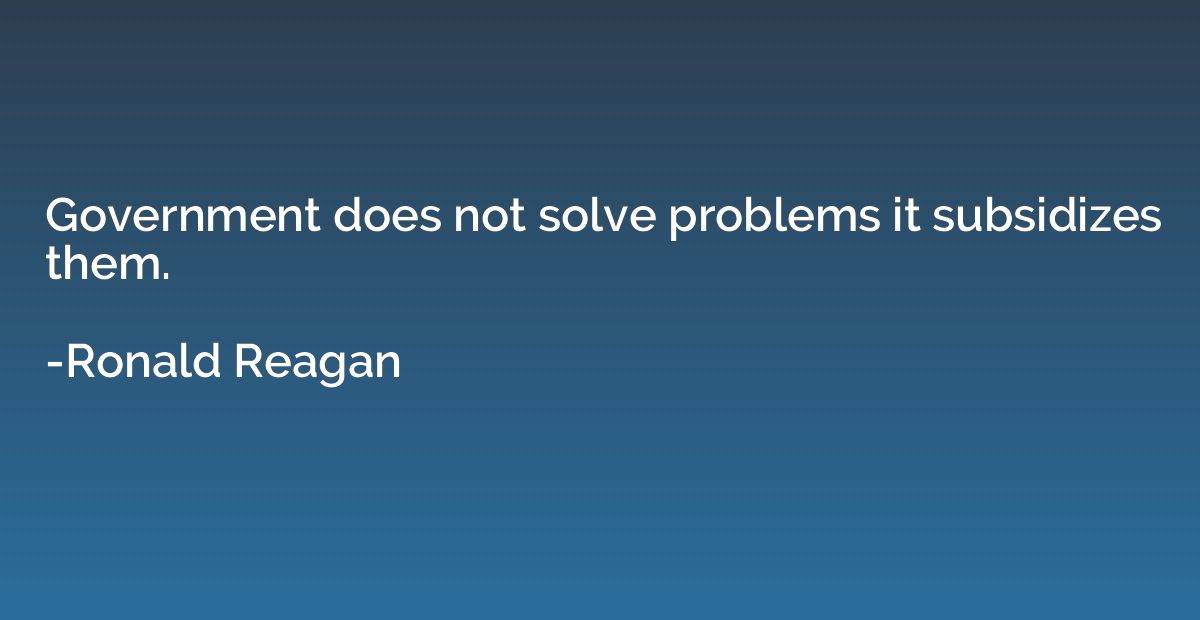
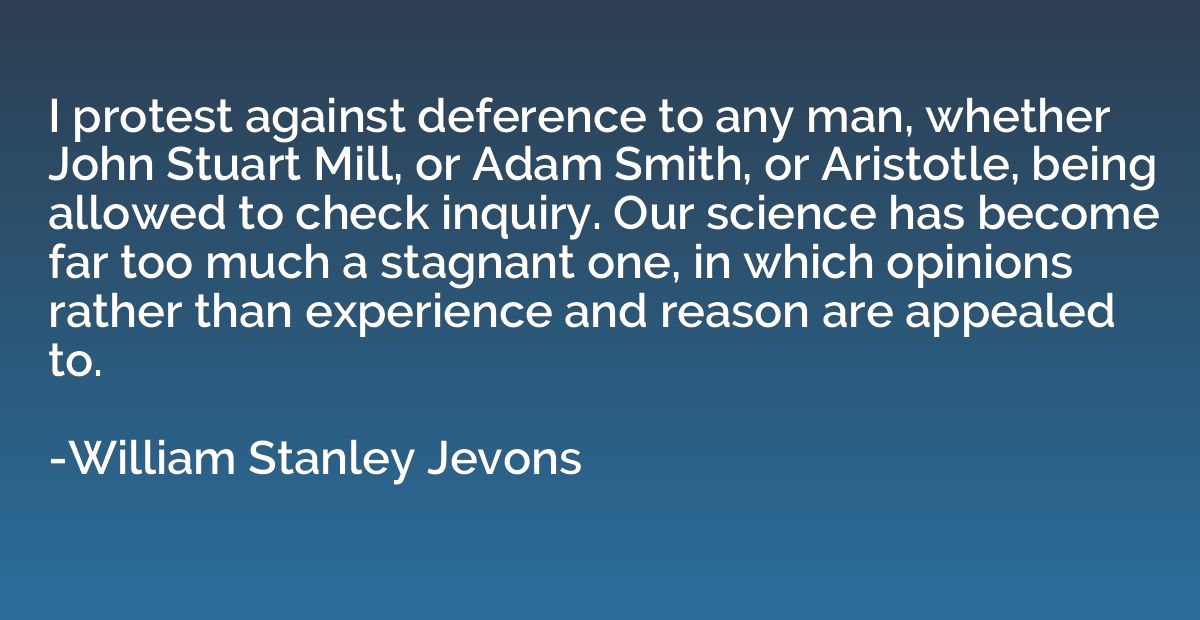
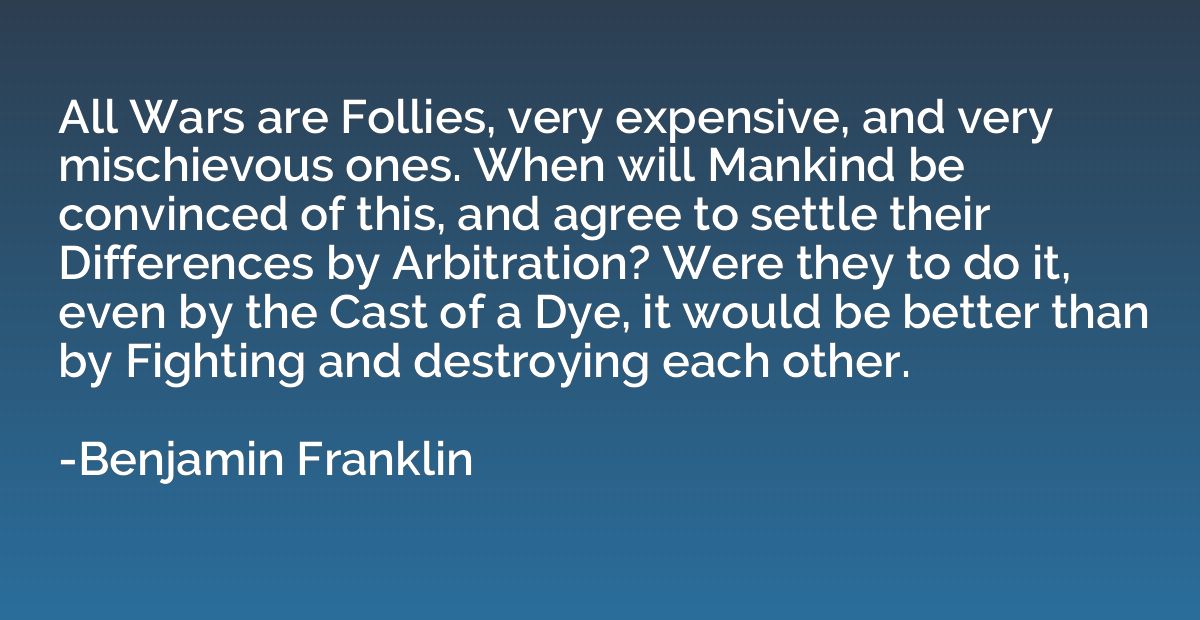

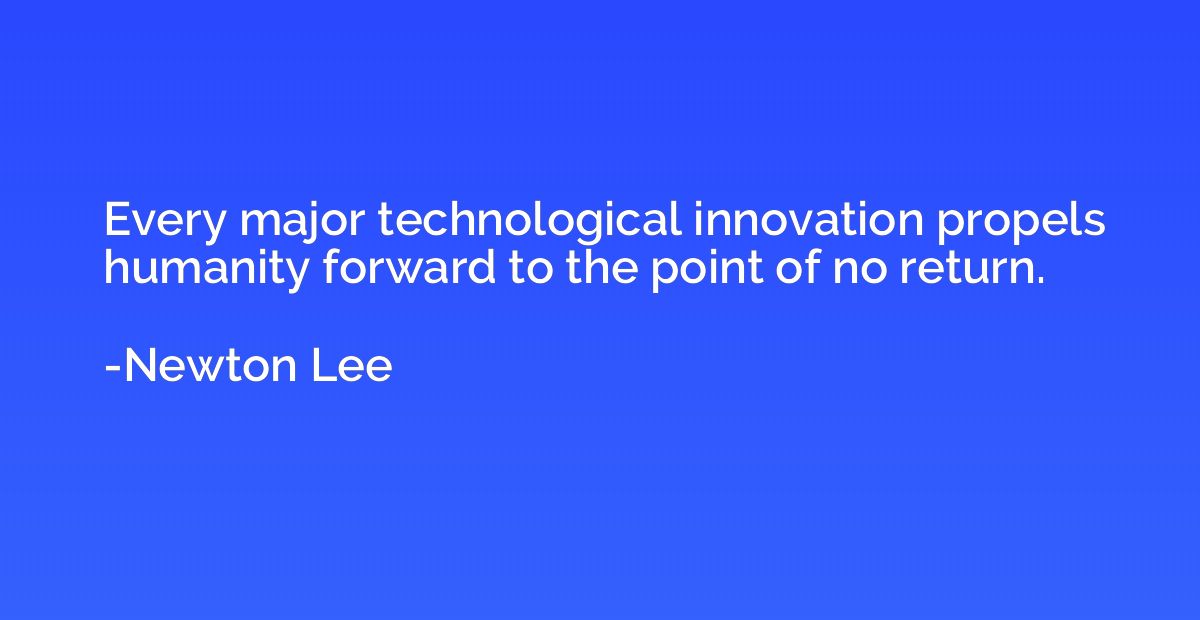
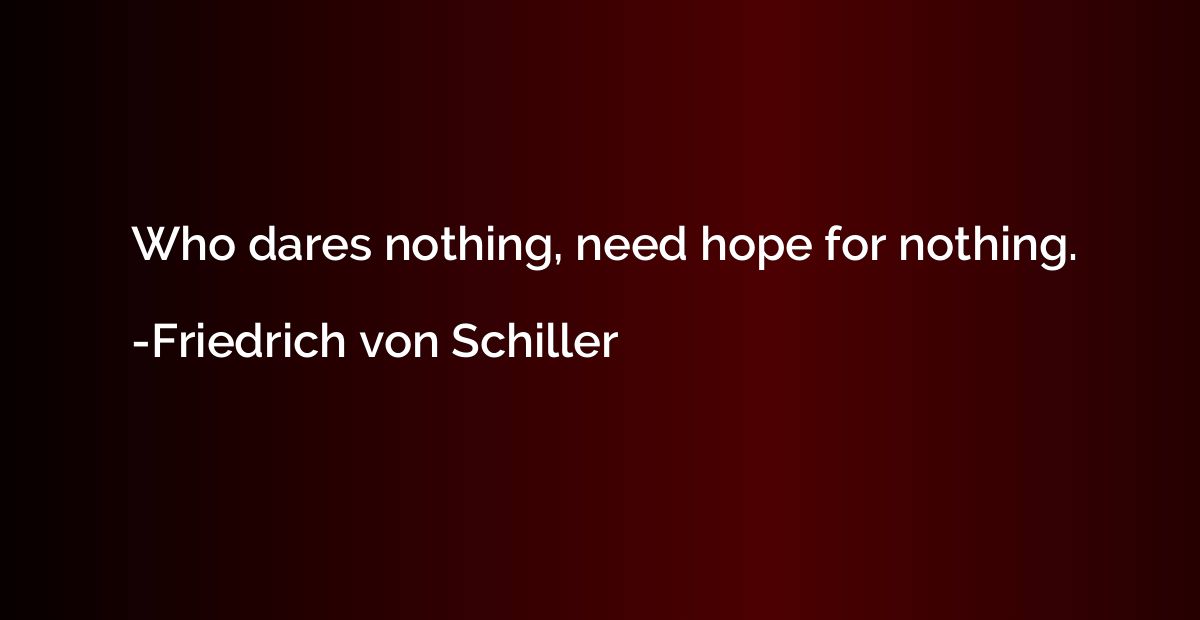
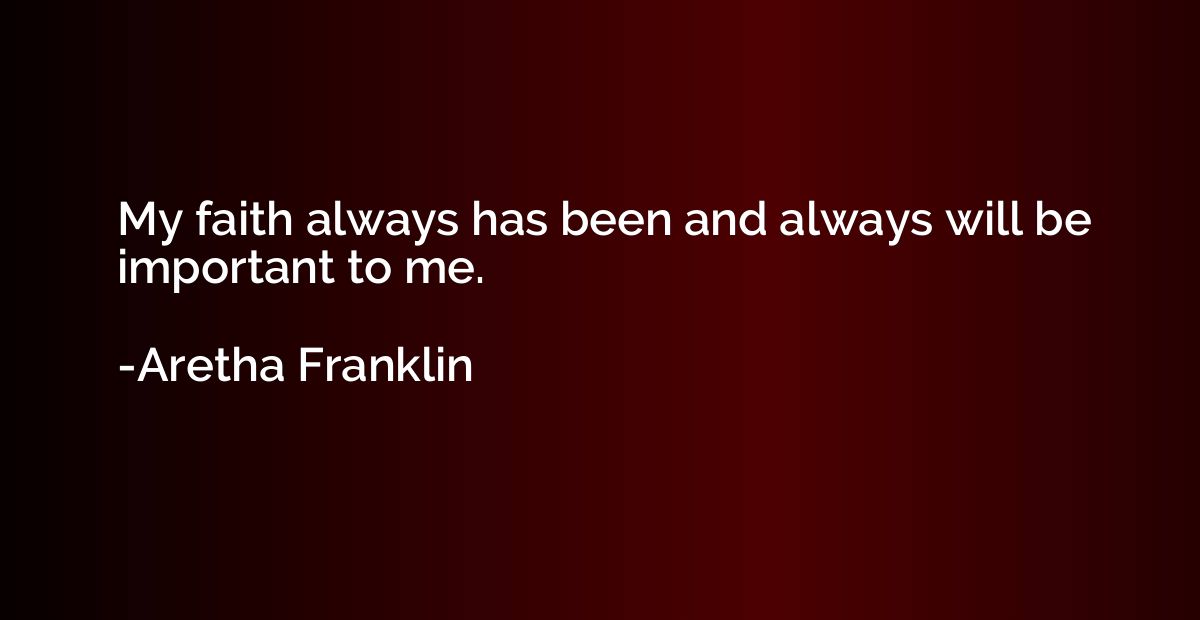
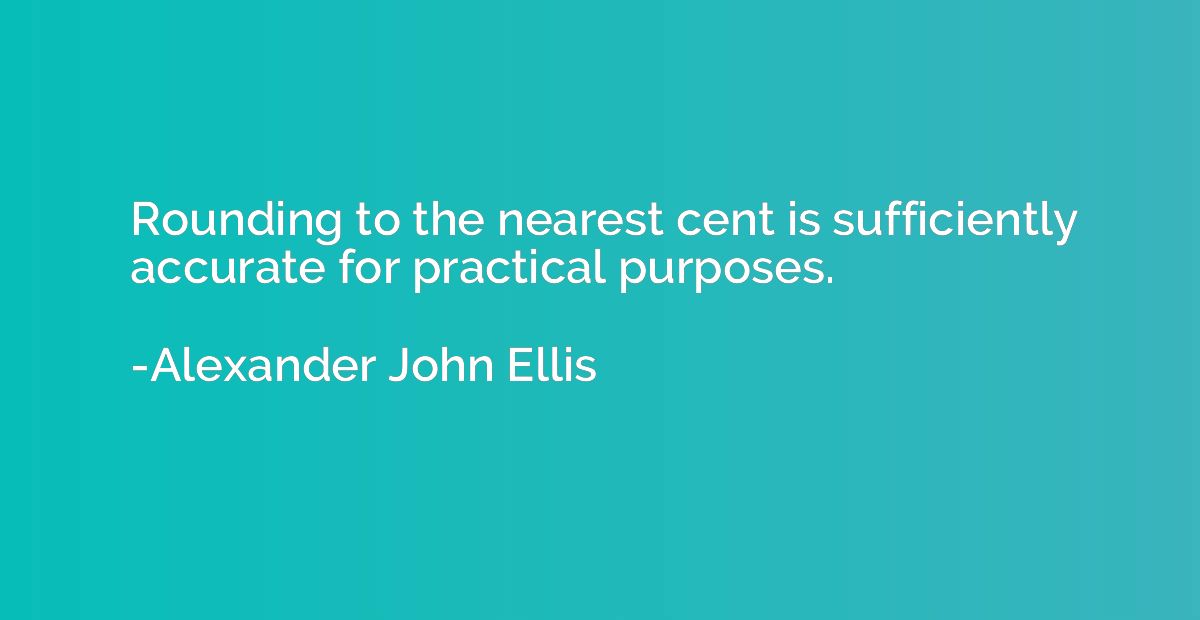
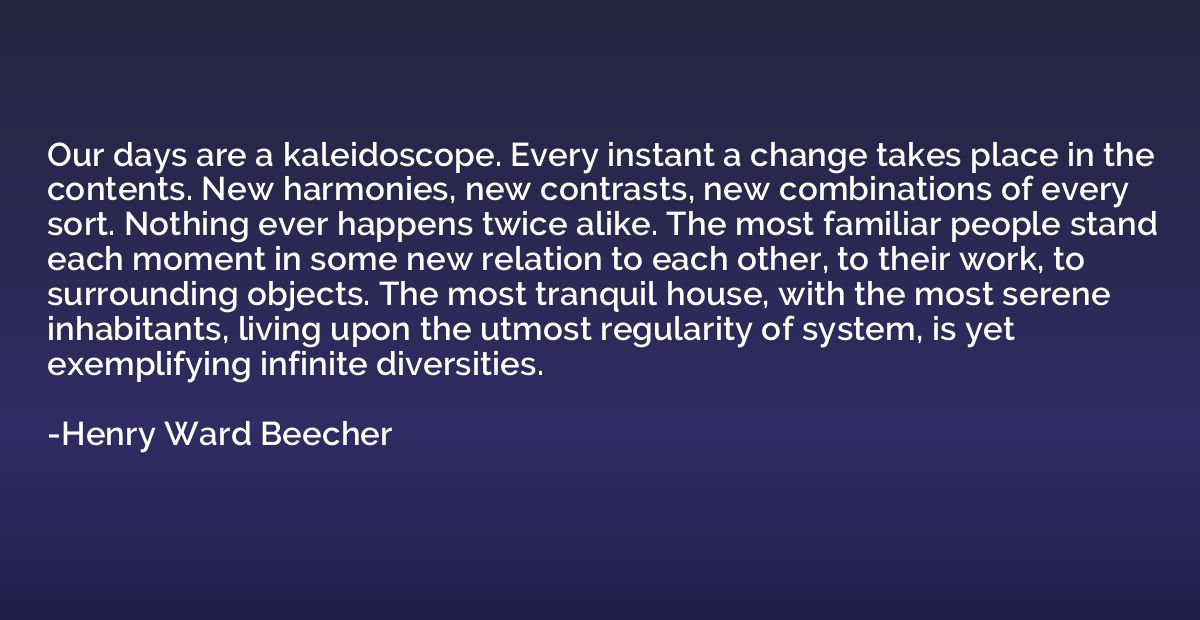
![[W]e talk about the tyranny of words, but we like to tyranni](https://quotation.io/quotes/talk-tyranny-words-like-tyrannise-fond-talk.jpg)
